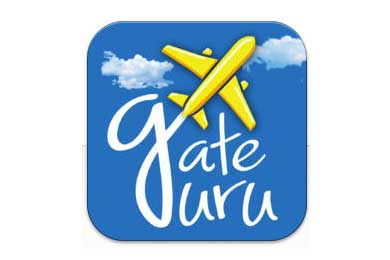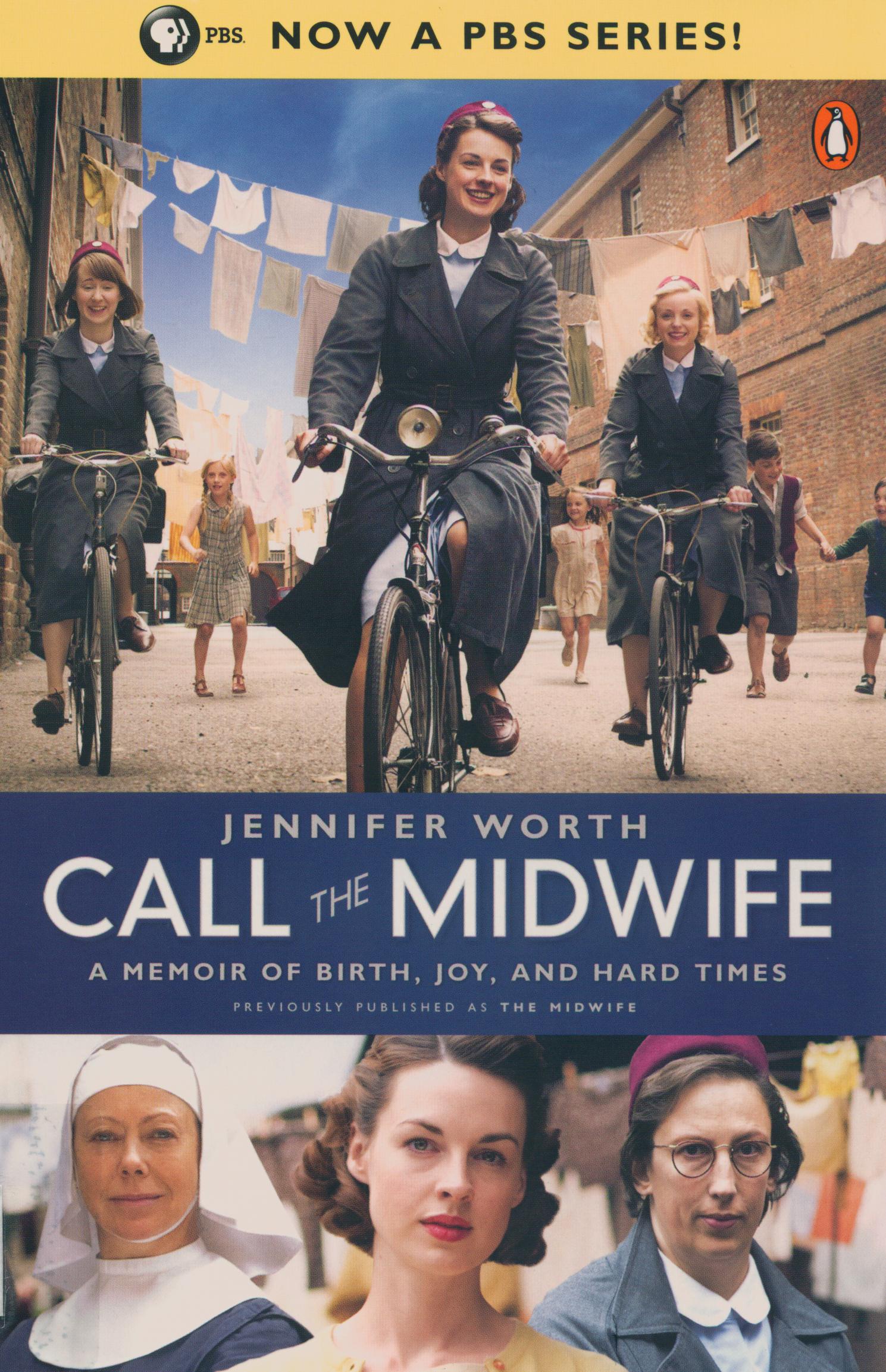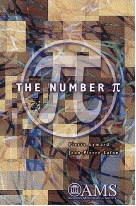I recently read a Computerworld technology blog entry about lifelogging: “Photographic memory made easy.” What is it? It’s essentially a diary of everyday moments, created with wearable devices that constantly record images and possibly audio throughout your day. Some use it to augment their memory. Others might use it to learn something about their habits.
My response is to wonder why I’d ever want to every slog through all that, because large parts of most of my days don’t seem to be worth reliving, and who has time to live those same moments repeatedly? Wouldn’t it waste lots of my life’s precious minutes searching for the image(s) I actually wanted for some reason? I prefer to continue to select the photos I take, even though sometimes I don’t have a camera at the ready for certain unplanned events. I guess that for those moments I will just have to rely on my old-style brain memory and risk forgetting.
If you’re interested in learning more about lifelogging, Andersen Library can help! Search Library databases to find articles like “Beyond total capture: A constructive critique of lifelogging” (Communications of the ACM, 2010, vol.3:no.5, pp.70-77), “Lifelogging: You’re wearing a camera?” (IEEE Pervasive Computing, 2014, vol.13:no.3, pp.8-12, doi:10.1109/MPRV.2014.53), “Dredging up the past: Lifelogging, memory, and surveillance” (University of Chicago Law Review, 2008, vol.75:no.1, pp.47-74), and “Reconstructing the past: Personal memory technologies are not just personal and not just for memory” (Human-Computer Interaction, 2012, vol.27:no.1/2, pp.92-123, doi:10.1080/07370024.2012.656062). The book Reality mining: Using big data to engineer a better world has a chapter on “Mobile phones, sensors, and lifelogging: Collecting data from individuals while considering privacy,” and UWW students and staff may borrow the book from other UW campus libraries via the free UW Request service (requested items arrive in 2-5 weekdays). You also can search for lifelogging and preview pages using Google Books.
Wikimedia has a page listing countries’ consent requirements for photographing identifiable people.
Please Ask a librarian (visit the Reference Desk, call 262.472.1032, or choose to email or chat) for assistance with finding additional materials.





 Want more pi? Andersen Library can help you learn more with books like
Want more pi? Andersen Library can help you learn more with books like 

